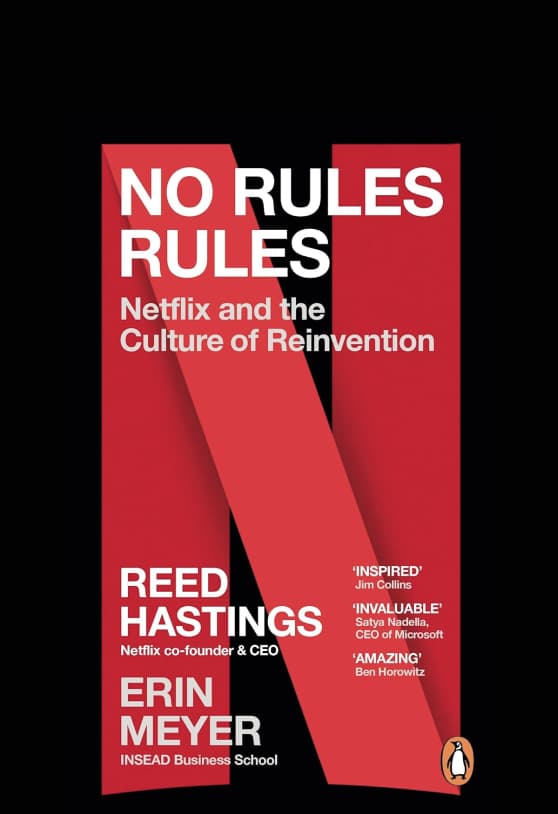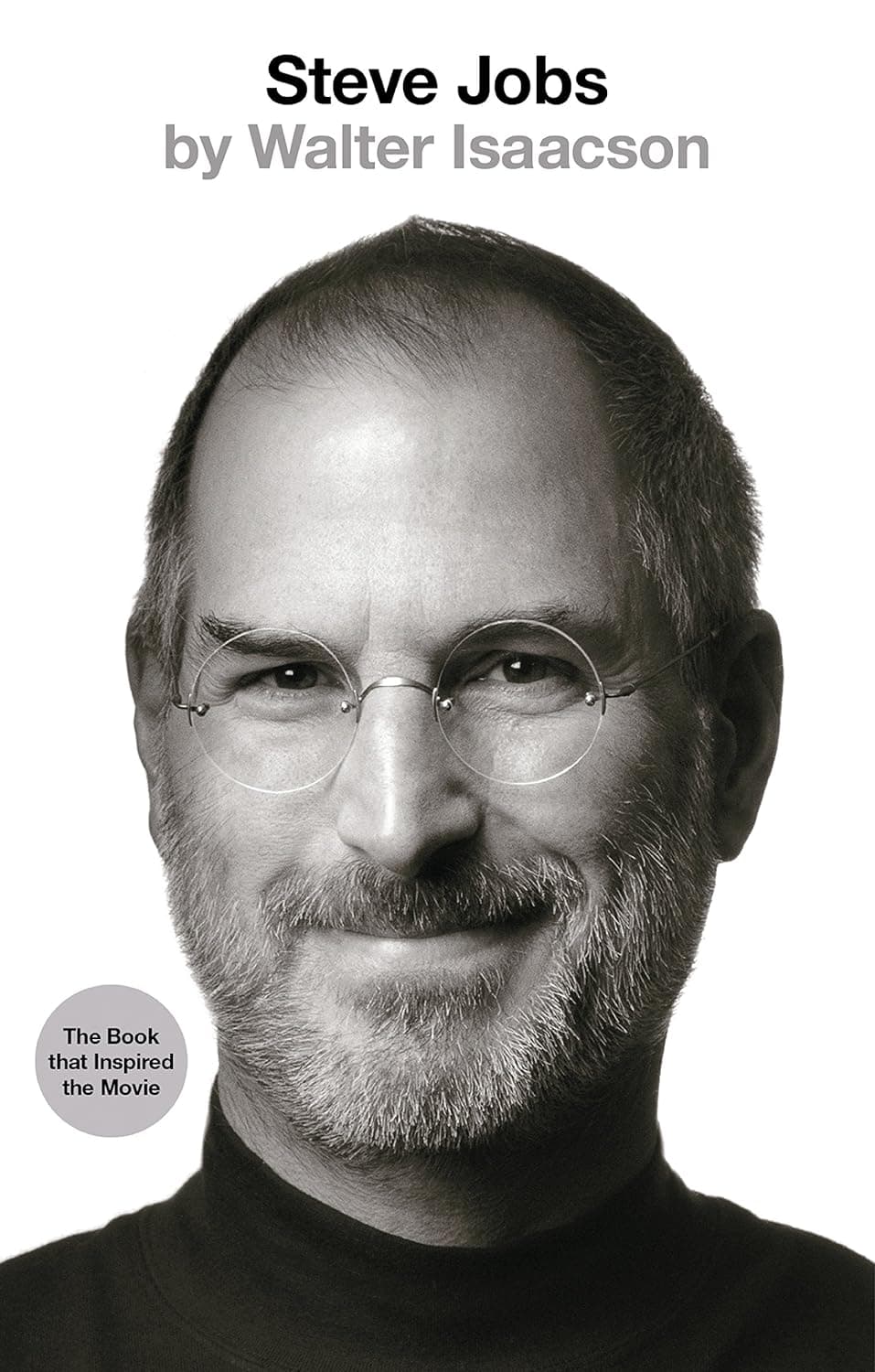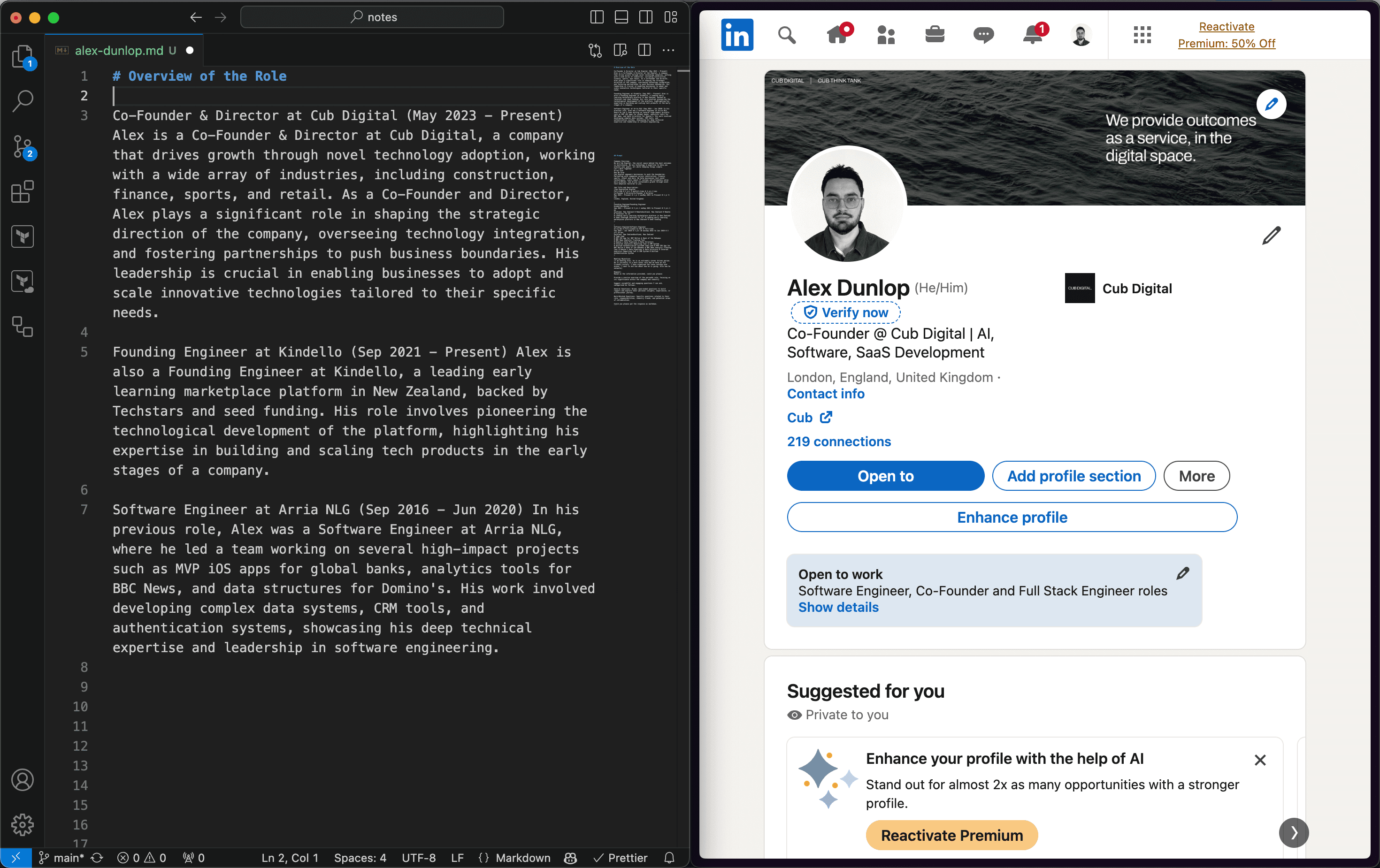Don't forget how you are going to win
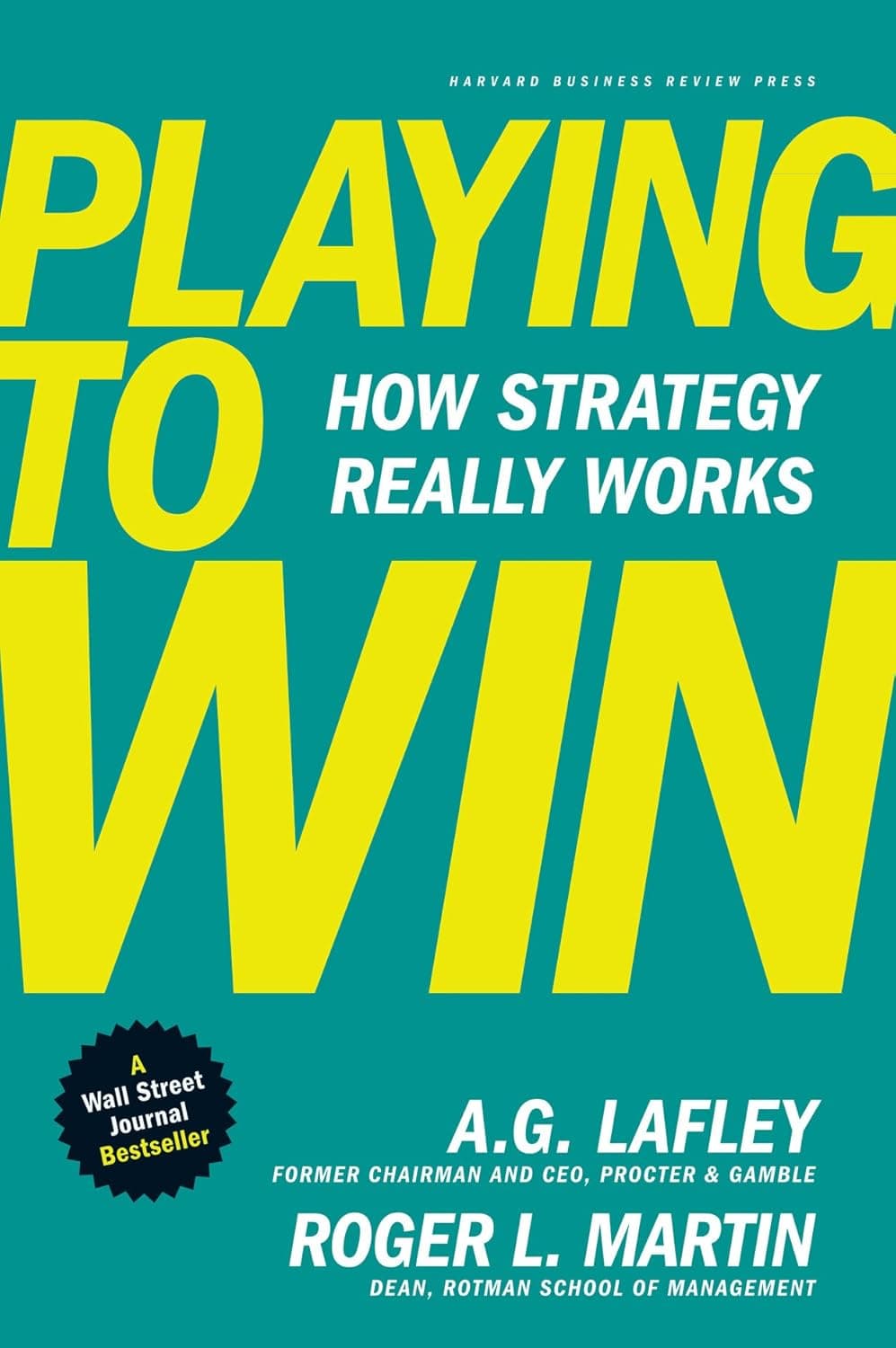
GET THE #1 EMAIL FOR EXECUTIVES
Subscribe to get the weekly email newsletter loved by 1000+ executives. It's FREE!

Introduction
I’ve done over 100 calls with different businesses this year across New Zealand and Australia. Mainly with CEOS and executives.

This means I've spent a lot more time in Sydney & Melbourne!
The thing that jumps out on these calls is the contrast between the two.
Sure we might be good at rugby, but we have a lot to learn from our Australian counterparts when it comes to business strategy.
New Zealand calls typically:
- Have a complete lack of clarity on how a business is going to win.
- Obsess about the downside, about risk, about what could go wrong and not enough about what must go right.
- Have 10% of the urgency that an Australian business has.
It's probably no surprise then that 60% of our work is now coming from offshore, and that number is growing.
I don't necessarily want that to happen, I want to see more New Zealand businesses succeed.

As a consultant, I am extremely invested in having your business do well! It's one of the few ways that our business can grow.
If you do better, then you need more tech + data + AI + strategy help, these are all great things for us and we essentially share in your success.
If you don't do well, then we typically build you a website and then never hear from you again.
So this article is a bit of a reminder to you if you run a business or work in a business to not forget the main thing... how are you going to win?
Because if you don't win, I am going to spend way more time at Luna Park. And we all know, that Rainbow's End is way better.

Okay Luna Park was actually way cooler than I expected on the inside
The Three Pillars of Winning Strategy
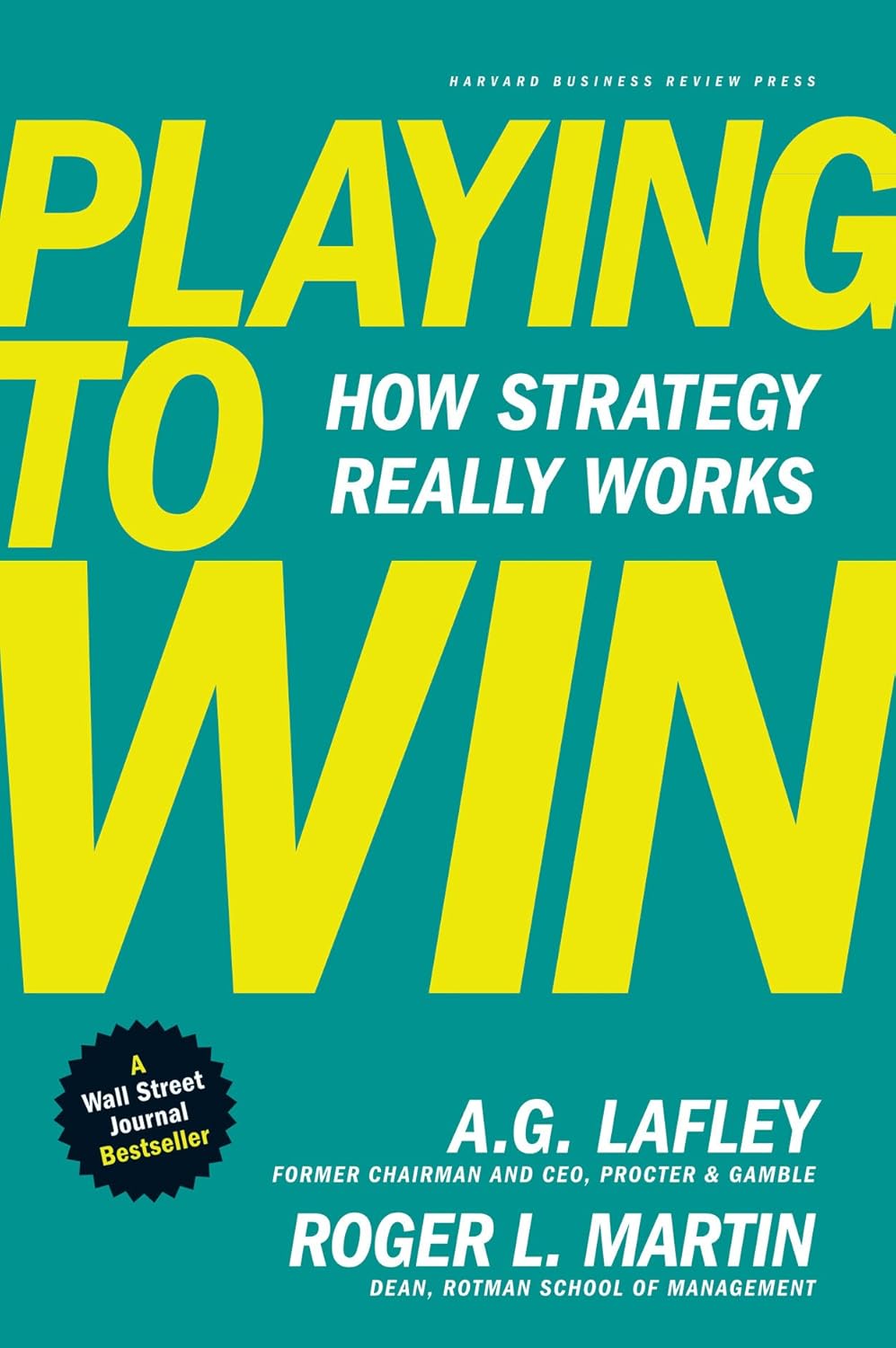
As outlined in Playing to Win by A.G. Lafley and Roger L. Martin, every successful business strategy needs to answer three fundamental questions:
- Where to play
- How to win
- What has to be true for the above to happen
The concerning trend I've observed is that while many New Zealand businesses can answer the first question, they often struggle with the second two – particularly "how to win."
The what has to be true for this to happen question is a mental exercise to help you picture of a future state where you have won.

I took this photo 4 seconds after a huge thunderstorm - I quite like the moody lighting
The Public Markets
This is bought out in our public markets as well.
From 2014 to 2021 the NZX has had just 14 IPOs compared with 677 listed on the ASX.
I couldn't believe the number was so low! 14!
All this despite this article in 2004 where at the time listing here was cheaper than in Australia.
Just look at the total market cap of our markets:
- NZ Companies: 37 total market cap: NZ$178.44 Billion
- AUS Companies: 345 total market cap: NZ$2.836 Trillion
5 times the population, 15 times the market cap. Sheepers.
We often discuss with our clients in Australia, how New Zealand will essentially turn into the service centre for Australia. I mean looking at the numbers, that could very well be a strategy to win over here.
The Monopoly Mindset
The Americans take this attitude to a whole new level.
Peter Thiel's insights about competition are particularly relevant here. He notes an interesting paradox:
- Companies without real competitive advantages often obsess over their uniqueness.
- True monopolies downplay their dominance and emphasize competition.
This bears out in New Zealand. A lot of the calls I have with businesses are about how they are different, how they are unique, how they are special.
There is little talk about the customer, about value, about how they are going to win.
Consider these striking numbers from 2023:
Aviation vs Technology
- Combined profits of major U.S. airlines (Delta, United, American, Southwest): $8.52 billion
- Google’s profit: $73.795 billion
This nearly 9x difference isn’t just about market size – it’s about competitive advantage and market position.
Think about how difficult and annoying an airline is to run, you have to get everything right, it is a logistical nightmare and you have to deal with a lot of regulation.
You do all of that work, and the combined profit of all of the airlines is 1/10th of Google!
The New Zealand Paradox
In my conversations with New Zealand businesses, I've noticed three distinct patterns that differ from their Australian counterparts:
Abstract Risk Focus
The number one sentiment is that more concern is typically spent on what could go wrong than what must go right.
We don't know how to win!
We know how to maybe kind of not lose.
Again, I bring this back to sports. Imagine if our sports teams played this way? The All Blacks would never win a game because they would spend so much time trying not to lose.
Look at our Olympians, they absolutely smashed it. Not only that, but we didn't get 15 times less medals than Australia. They got 53 medals and we got 20.
Our Olympians know how to win.
You can't tell me that attitude isn't a key factor in this.
- NZ businesses often worry about theoretical risks.
- Less emphasis on concrete competitive threats
Unclear Victory Conditions
The lack of what has to go right, trickles into the next bucket, because of that, everything is fuzzy.
- Fuzzy definitions of success
- Lack of specific metrics for winning
- Limited understanding of competitive advantages
The last point is important. There isn't a clear roadmap for how businesses are going to build sustaining advantages that compound.
Comfort with Ambiguity
- Less urgency around competitive positioning
- Acceptance of "good enough" market share
- Limited drive for market dominance
The Cost of Isolation
I do fundamentally believe this all stems from our geographic isolation. It's a double edged sword.
Sure there is some natural advantages.
Advantages
- Protected markets
- Stable business environment
- Lower competitive pressure
- Time to develop products
The hard thing is, that all of these advantages come with subtle costs. I think these costs are only revealed when you do what I have done, which is to basically A B test our two economies with a bunch of sales calls with CEOS and executives.
What do I mean by that?
Hidden Costs
- Reduced innovation pressure
- Slower adoption of global best practices
- Limited scaling mindset
- Comfort with mediocrity
Breaking Through: The Xero Example
Let's just start this off with why we should listen to Xero. A picture says 1000 words.
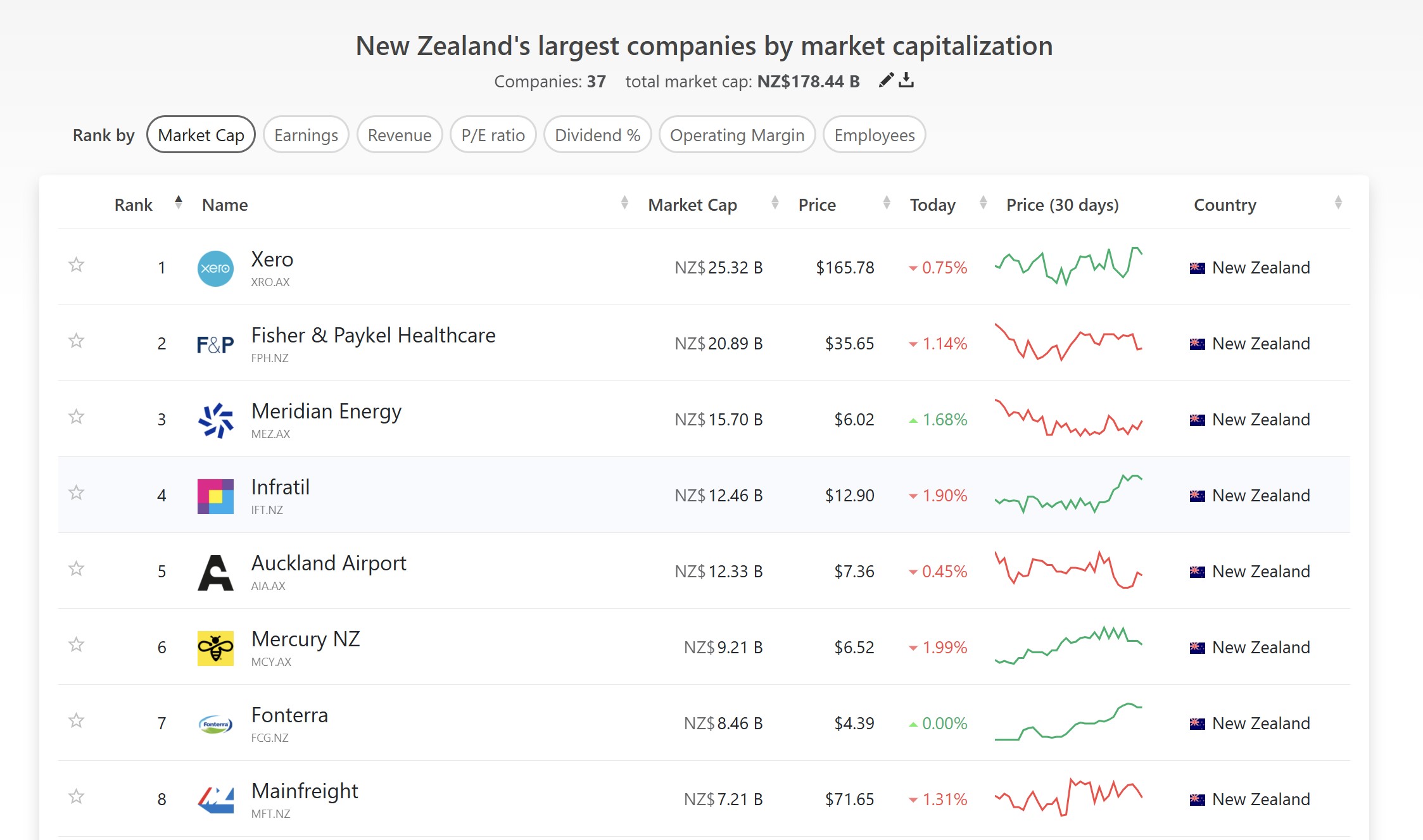
Go and have a read of this article by Brian Gaynor about Xero's boldness
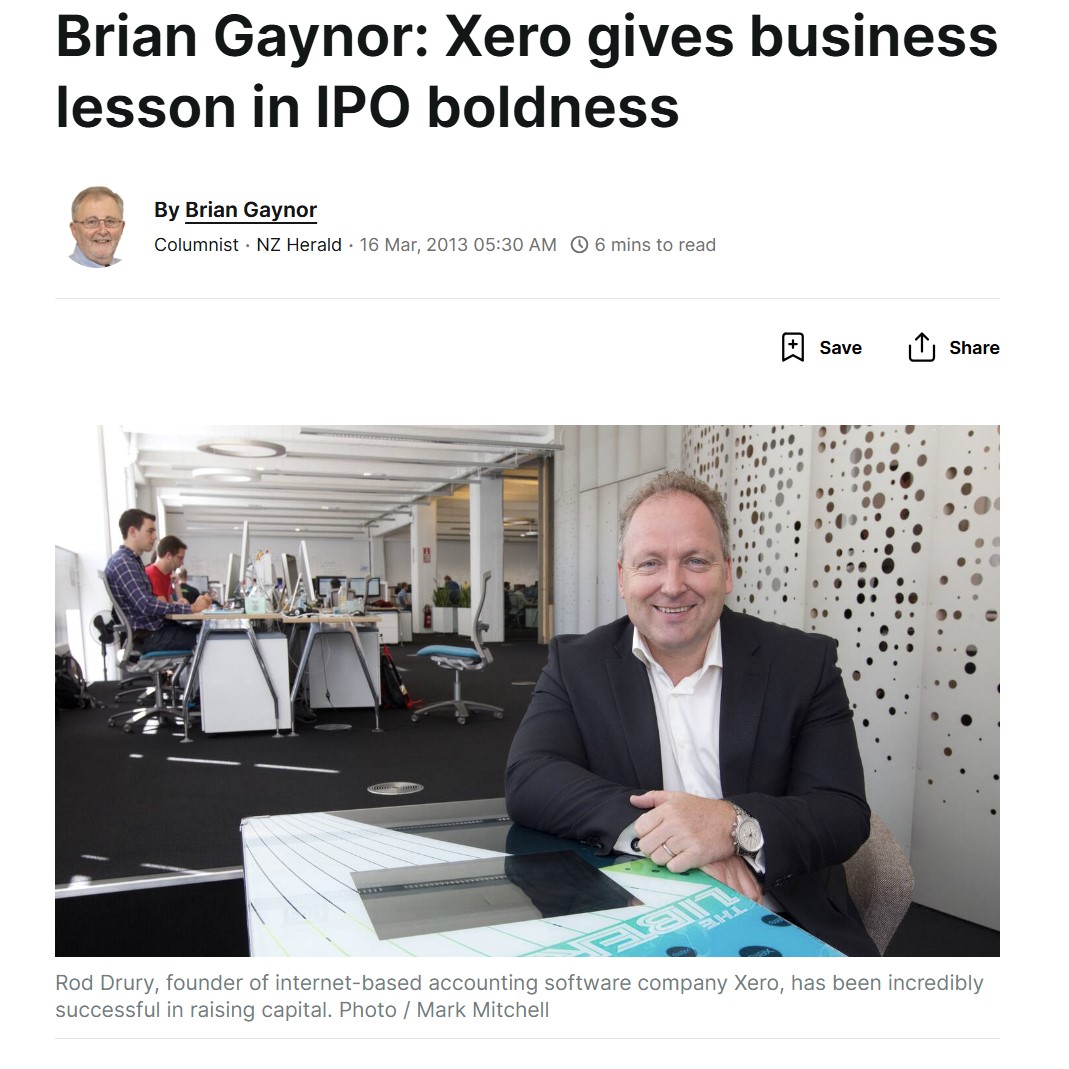
This article about the IPO has a quote from the chief executive at the time of First NZ Capital:
"Hopefully, this IPO will act as a catalyst for more New Zealand companies to experience the benefits of a public listing and a broad investor base."
Hmmmm, nope. How about the complete opposite.
Xero stands as a brilliant counter-example to this trend. Their success demonstrates what's possible when a New Zealand company:
- Thinks globally from day one
- Focuses on clear competitive advantages
- Builds for scale
- Maintains relentless execution
You would think that would serve as a pretty good playbook of how we can achieve global success. The IPO mentions that the original ask was for $18 million and they only ended up with $15 million. Now they are worth $25 billion!
If you had invested $10,000 in Xero in 2007, it would be worth $16.7 million today. That extra 3 million that Xero didn't get in the IPO would be worth $5 billion today.
Action Steps for New Zealand Businesses
So if I could click my fingers and have New Zealand businesses adopt a more competitive mindset, here's what I would recommend:
-
Define Your Competitive Advantage
- What makes you truly different?
- How sustainable is this advantage?
- Can it scale beyond New Zealand?
- What value are you bringing to the customer
- If you had to counter position your business, what would that look like?
There is a lot of great books out there. One of the ones I think is the most helpful is 7 Powers by Hamilton Helmer. It's a great book that helps you think about how you can build a competitive advantage.
Every single call I do, I try to put a business into the 7 powers framework and see what they are building towards.
-
Set Clear Victory Conditions
- What has to be true for you to succeed?
- How are you going to be scale economics?
- What is your north star metrics?
Conclusion
The opportunity for New Zealand businesses is clear: by adopting a more competitive mindset and focusing on clear winning strategies, we can build more companies of Xero's calibre.
Our isolation shouldn't be an excuse for comfort – it should be a launching pad for global ambition.
The question isn’t whether New Zealand can produce world-class companies – Xero has proven we can.
I'd just love for there to be 20 more of them!

They were playing beach volleyball in the middle of winter, it was like 2 degrees - Maybe that's how you win


